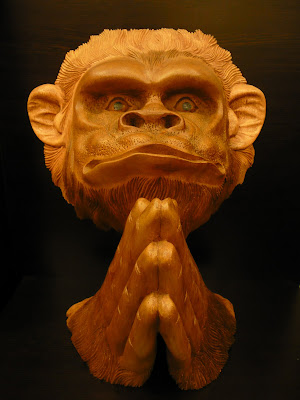
This morning I was watching a documentary on the sacking of China’s Old Summer Palace known as the Gardens of Perfect Brightness 圆明园 Yuánmíng Yuán and was upset at the wanton destruction by British and French troops in 1860 during the Second Opium war 鸦片战争 Yāpiàn Zhànzhēng. Yuang Ming Yuan 圆明园 was built in the 18th and early 19th century and was known for its extensive collection of gardens and building architectures and other works of Arts.

The gardens covered an area of 3.5 square kilometres (860 acres) and were almost 5 times the size of the Forbidden City, and 8 times the size of the Vatican City. Thousands of masterpieces of Chinese art and antiquities were stored in the halls, making the Imperial Gardens one of the largest collections in the world and this includes unique copies of literary work and compilations. Most of these were destroyed or stolen during the looting and subsequent deliberate torching of the entire gardens that burned for 3 days. It took 3,500 British troops to set the entire place ablaze.

On October 18, 1860, the British High Commissioner to China Lord Elgin, ordered the destruction of the palace in retaliation for the torture and execution of about 20 European and Indian prisoners. More than 300 eunuchs, maids, and workers in the palace were unable to escape and were burned to death. And yet, once the Summer Palace was reduced to ruins a sign was raised with an inscription in Chinese stating "This is the reward for perfidy and cruelty". This coming from the ‘civilized’ nations who subjected millions to untold miseries, and took a country to war because they were banned from trading their poison (opium) freely. Is it any wonder that the destruction of Yuan Ming Yuan is still a sensitive issue in China even today?
Victor Hugo, the then contemporary author of Les Miserables and The Hunchback of Notre-Dame in his "Expédition de Chine" described thus - "'Two robbers breaking into a museum, devastating, looting and burning, leaving laughing hand-in-hand with their bags full of treasures; one of the robbers is called France and the other Britain.”
.







No comments:
Post a Comment